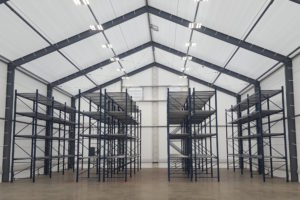
Legacy Tension Fabric buildings feature structural steel frame
Combining rigid-frame engineering with the proven benefits of tension fabric membranes, Legacy Building Solutions offers superior quality fabric structures that

Combining rigid-frame engineering with the proven benefits of tension fabric membranes, Legacy Building Solutions offers superior quality fabric structures that

Acquisition incorporates new capabilities and an expanded team for TFS Racking & Automation Division TFS, an OnPoint Group Company, and provider

Craemer Group has introduced the TC3-5 Palgrip®, the completely closed plastic pallet with a fully anti-slip coated top deck that

TFS, an OnPoint Company, the first brand-independent fleet management organization providing turnkey services to Fortune 100 and large manufacturing, retail,
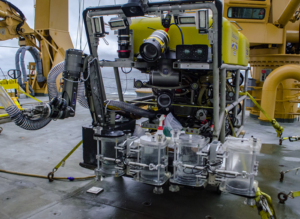
Midland Pallet Trucks, a provider of high-quality manual handling equipment including pallet trucks, manual stacker trucks, and lift tables, is celebrating its relationship with

Nucor Corporation announced today that it has entered into an agreement to purchase Hannibal Industries, Inc. for $370 million, which

Despite the challenges of the pandemic, Cisco-Eagle wins the warehouse, logistics, material handling industry honor Steel King Industries®, a manufacturer
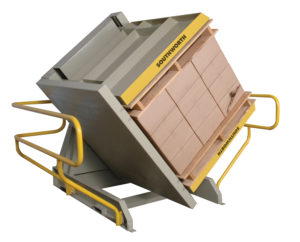
The PalletPal Inverter from Southworth inverts fully loaded pallets in a matter of seconds. It is a faster, safer, and
No matter the size or type of material handling organization, safety is frequently a top consideration. How to keep employees

Sales increased 21% on an organic basis, 43% including Elkhart acquisition Myers Industries, Inc., a manufacturer of polymer products and

Wildeck, Inc. has announced that Jon Mueller is its new Chief Financial Officer. Jon will be responsible for the preparation,

Menasha Corporation, the parent company of ORBIS® Corporation, has announced that it has been selected as a 2021 US Best
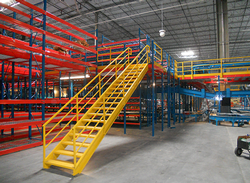
Warehouse OEMs and integrators can accelerate successful project completion of even increasingly complex, automated systems with advanced platforms The growth
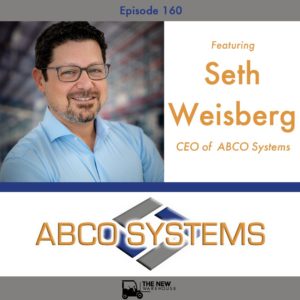
In this episode, I was joined by the Owner and CEO of ABCO Systems, Seth Weisberg. ABCO Systems is a
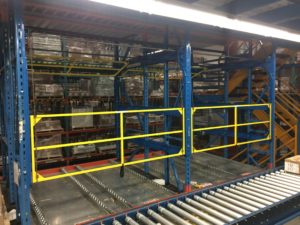
New configuration keeps employees safe in Cluster Picking Applications Mezzanine Safeti-Gates, Inc., an innovator in the design and manufacturing of
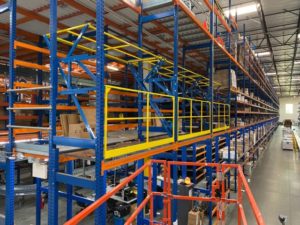
Mezzanine Safeti-Gates, Inc., an innovator in the design and manufacturing of pallet drop safety gates that provide fall protection in
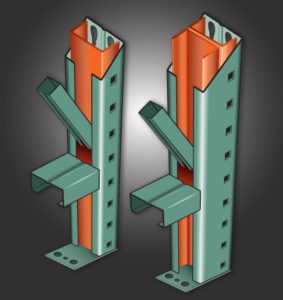
Tri-Boro Storage Products has introduced its new Steel-Clad panels that protect your storage rack system from costly forklift damage. Steel-Clad
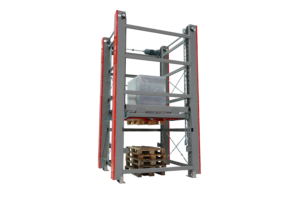
Qimarox introduces an automatic stacker for loaded pallets: the Prorunner mk10-PS. Thanks to its extremely compact design, based on the
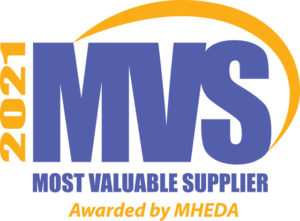
WPRP Wholesale Pallet Rack Products has earned the prestigious MVS (Most Valuable Supplier) Award for achievements in 2020. The MVS
Virtual event to feature live demos and webinars with ORBIS experts ORBIS® Corporation, an international leader in reusable packaging, will feature new